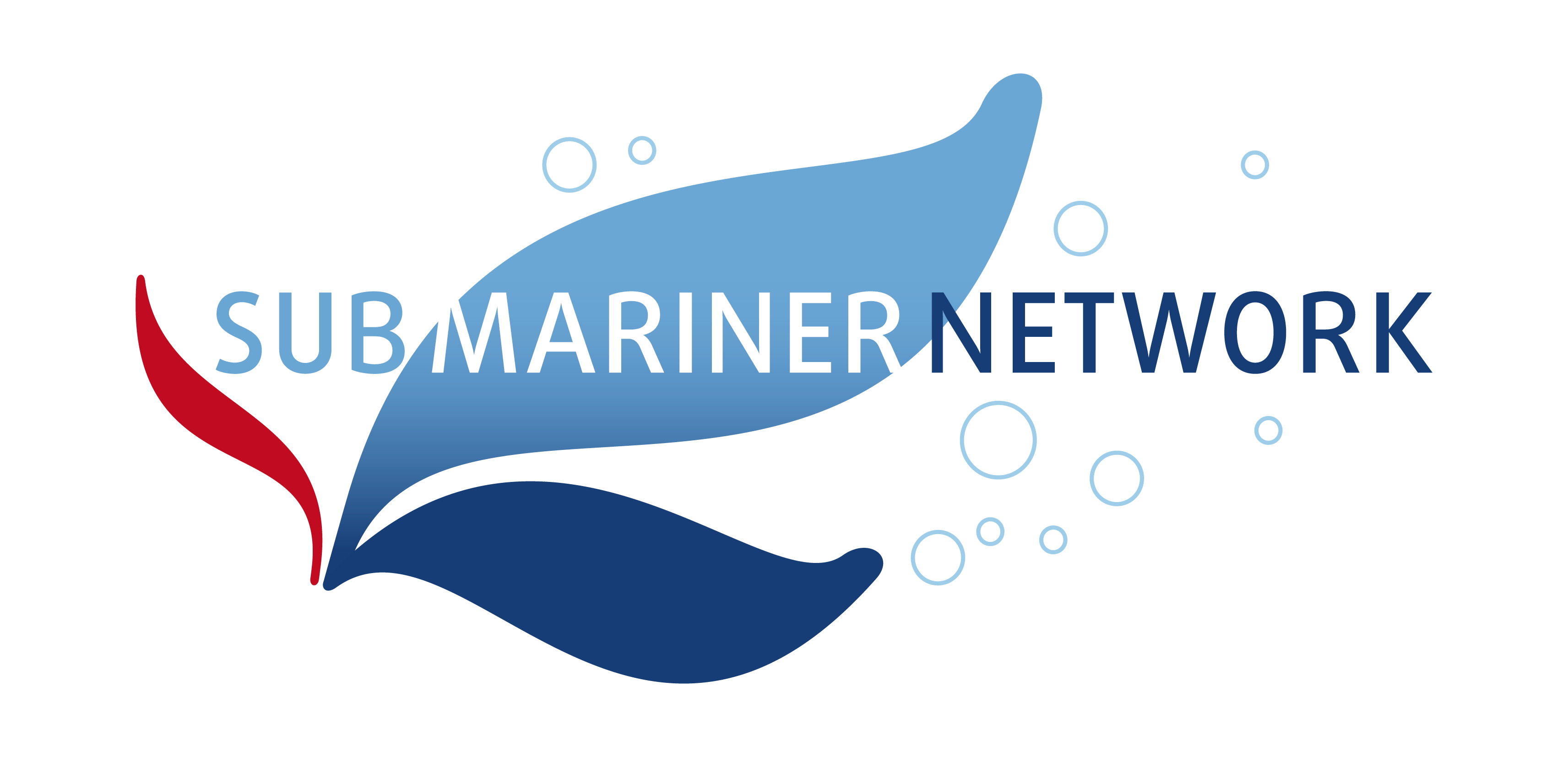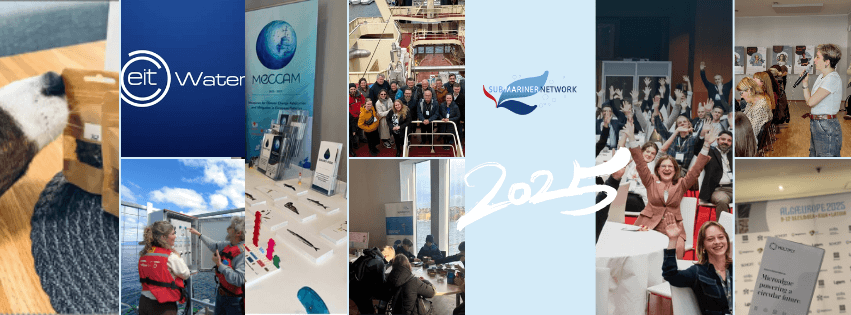Mussel farmers are obliged to apply for a variety of permissions at various responsible authorities. Although aquaculture is an integral part of the common EU fishery policy, due to the principle of subsidiarity, a unified EU-permission system is not existing. There is no single authority responsible for aquaculture. Several authorities are concerned with aquaculture matters, such as the authorities in charge of water management, nature protection or construction. The most important authorities with respect to aquaculture are the water authorities. The common concern is, that the impacts of mussel cultivation must not be contradictory to the implementation of EU Environmental Directives or their national implementations. Potential negative environmental impacts need to be avoided.
The legislation framework provided by the European Union relating to mussel aquaculture concerns environmental protection (water, marine habitats, wild birds), animal diseases and marine spatial planning. Besides the EU framework that needs to be implemented in national law by the Member States, the EU also provides directly enforceable law. The direct enforceable law related to Baltic mussel cultivation concerns production/ processing issues like animal by-products, EU funding, and organic production. Other EU law that might be relevant for certain types of mussel aquaculture or that touches blue mussel farming only on the edge (market for aquaculture products, aquaculture alien species, mussels for human nutrition and for animal feed) is mentioned in this status description but is not discussed in detail.
Although the EU legislation is already quite diversified, certain topics concerning mussel aquaculture are determined by the Member States additionally and particularly more in detail. In Germany, especially the nature conservation law is an important obstacle for gaining permission for mussel farming. Also the fisheries law and marine waterways legislation provide much more detailed information and specification of rules and permissions that are required for German Baltic mussel cultivation. Although marine aquaculture has not gone far from coast yet, the German offshore installations law provides the legal basis for the installation of mussel farms beyond the 12 nm limit in the German EEZ. The applicability of construction law for mussel culture is discussed in the literature and shows a major issue concerning marine aquaculture in Germany. Other German law that is relevant for mussel aquaculture but touches mussel farming issues only on the edge (maritime shipping law,vessel safety, insurance law, labour law and animal welfare law) is mentioned in this status description but is not discussed in detail.
The major legislation obstacle for Baltic mussel aquaculture is, that terrestrial law is not always well applicable on the water. There is a need for reconsideration of this law in terms of future marine development and especially concerning the EU Blue Growth strategy.



